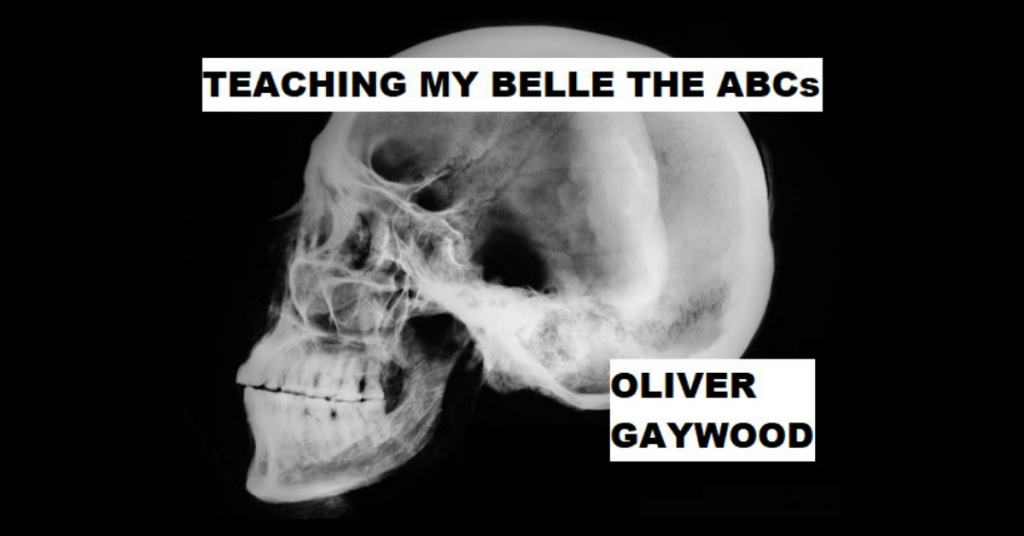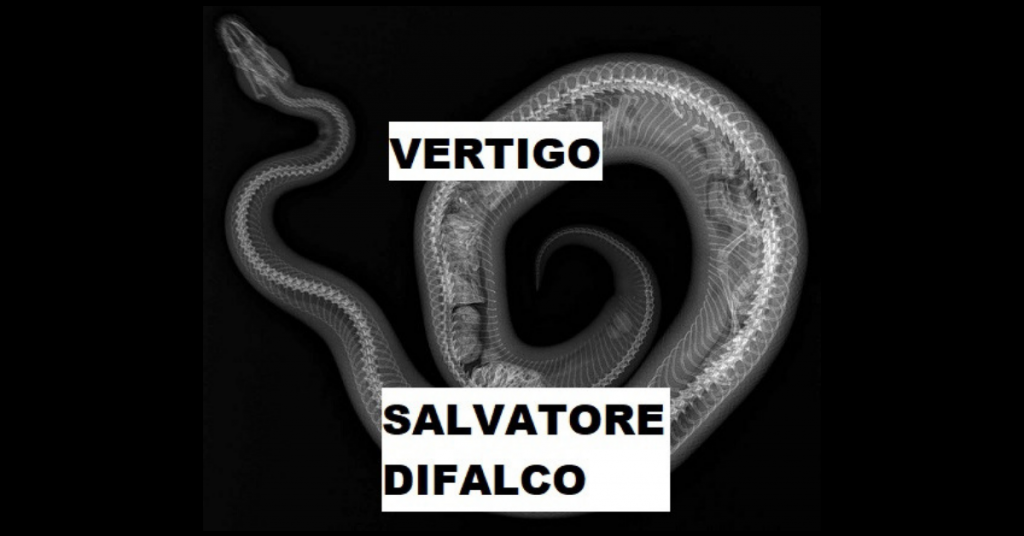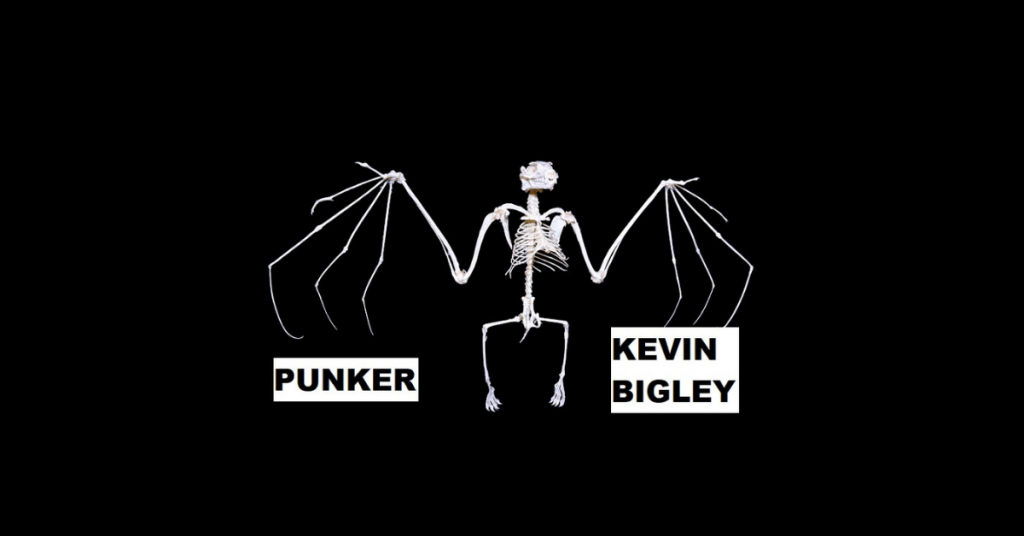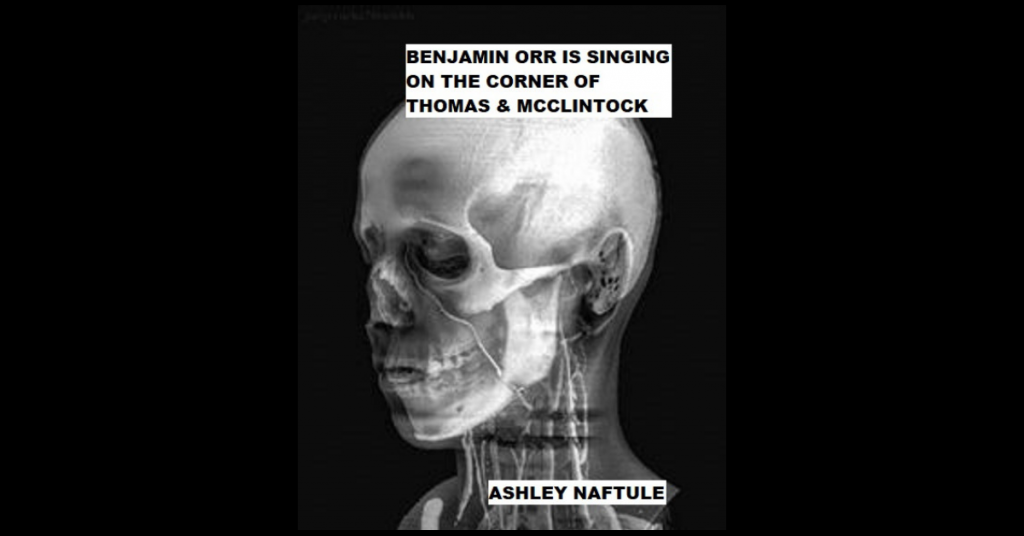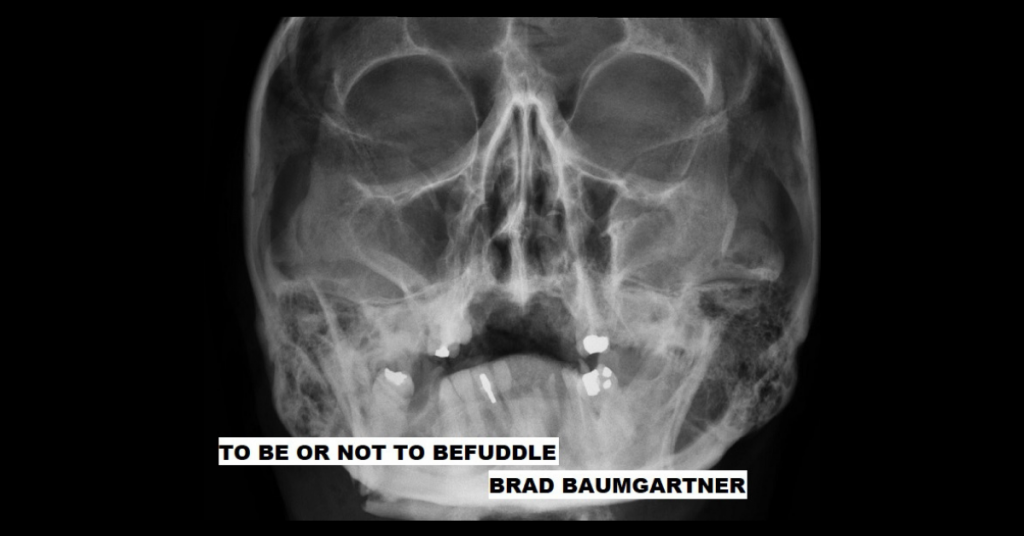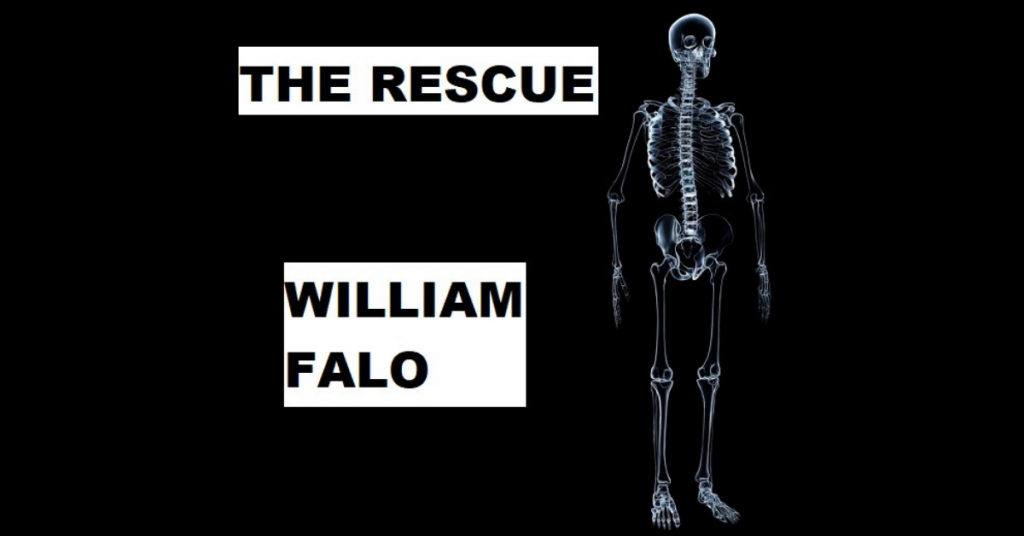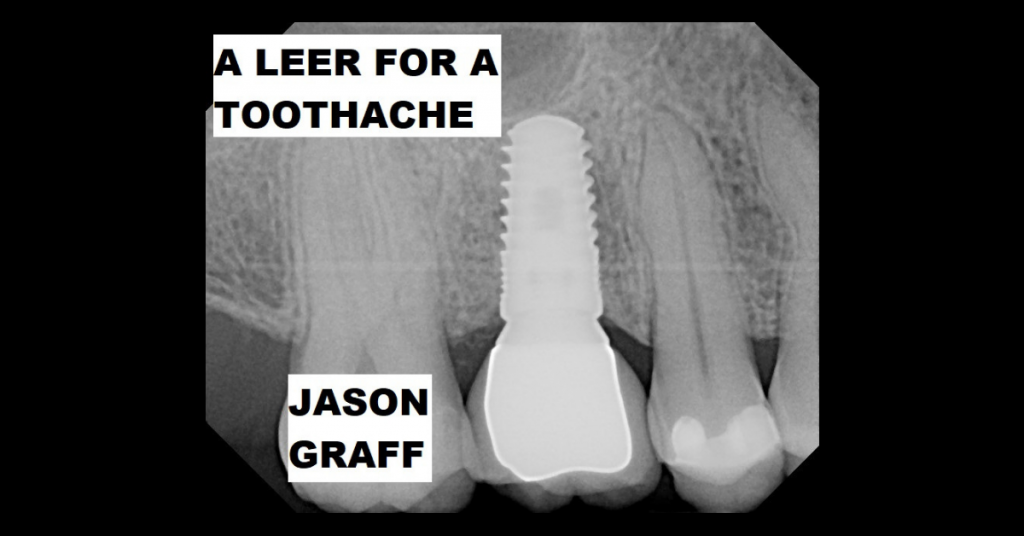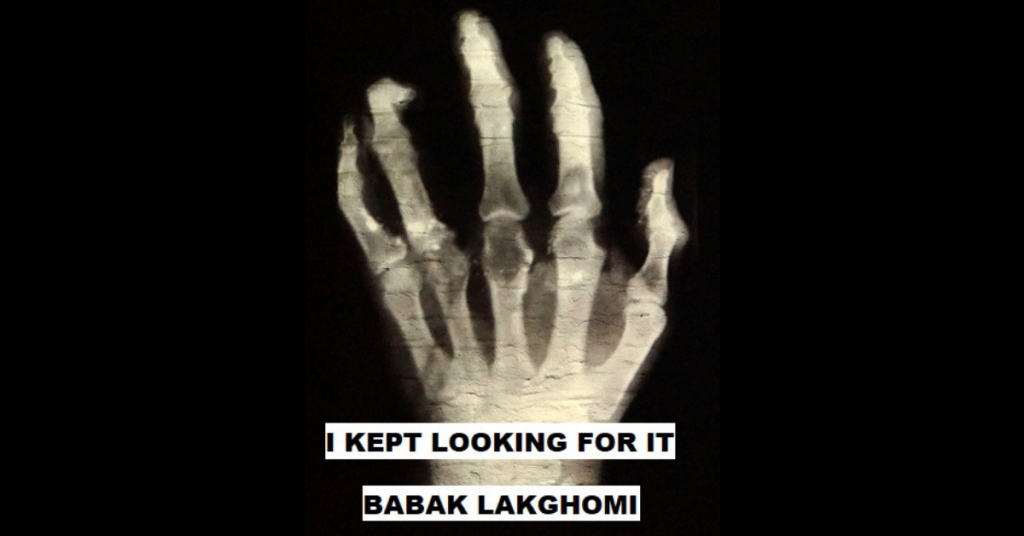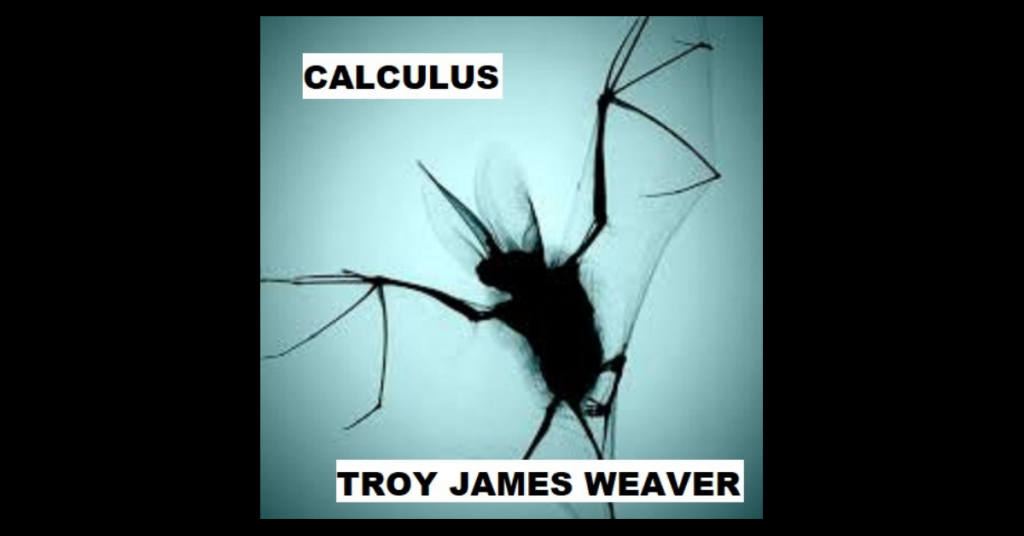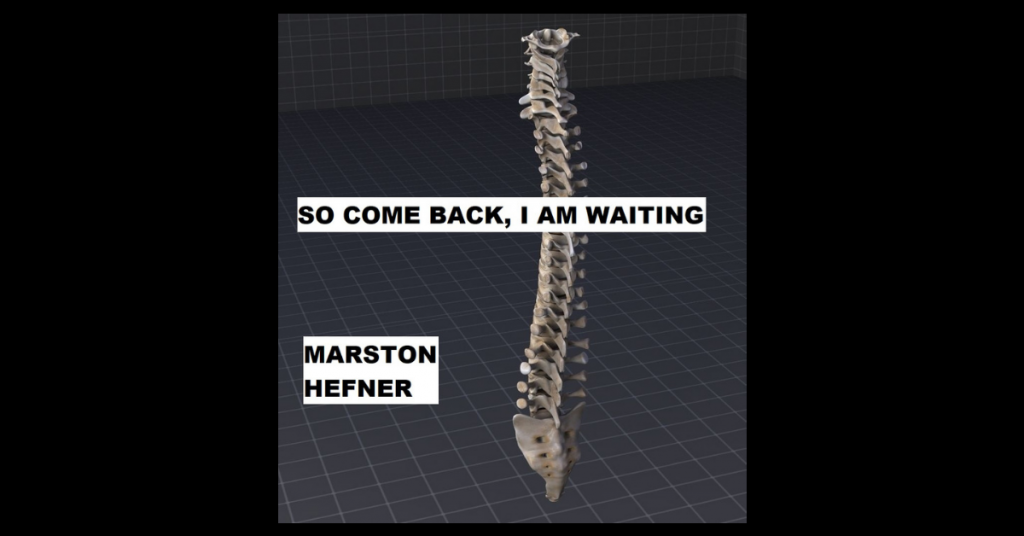
SO COME BACK, I AM WAITING by Marston Hefner
“You won’t see me again.” I thought she was wrong. This is such a small city. I thought I saw her at the farmer’s market. I thought I saw her at my yoga studio. She is everywhere I go. Her name is Leah. She is the woman who causes me mental pain. If you asked me if I loved her, I’d say of course. I wouldn’t even make exaggerated hand motions. It is her, driving my car down the 101 after a weekend in San Francisco. I’m in the passenger seat listening to my iPod. She puts her hand on…

